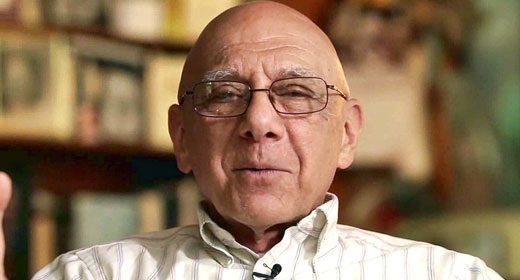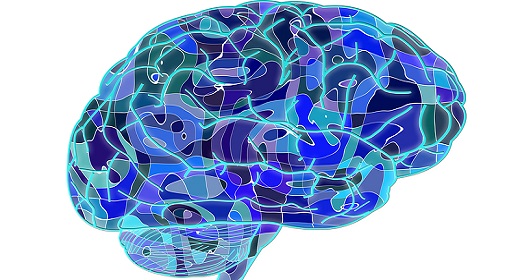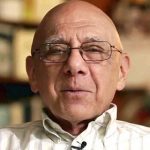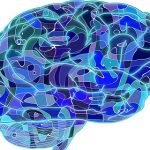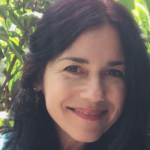by Arjuna Ardagh: We just completed a Radical Brilliance Laboratory here in Nevada City (you can find out more about what that is on our events page)…

These one-week events are primarily about practice; there is very little lecturing, training, or question and answer time. We spend most of our time together practicing in all four quadrants of the Radical Brilliance cycle.
When I use the word “practice,” I mean any consciously chosen activity which changes your state in a deliberate way. By this definition, sitting quietly with your eyes closed for 20 or 30 minutes is a practice: it returns you to a deeper connection to being consciousness, to being awareness, to being awake. Dancing can be a practice, if it moves you from stagnation to a more flowing energetic state. Taking nutritional supplements can be a practice, if it causes you to be more grounded and healthy. Making love can be a practice, particularly if you and your partner plan it in advance as something you know causes you both to feel more connected with yourselves and with each other.
On the last day of Radical Brilliance Laboratory one of the participants confessed to me, with just a touch of shame, that he does not always feel like practicing. He had a look in his eyes like a child who just broke something and expects to be punished.
“I have been sitting every morning now since I was 14 years old,” I replied. “That is 47 years that I have been sitting every morning, and often every evening as well, for 30 to 40 minutes, with my eyes closed. When I started out, I did not really feel like practicing. I did it because an Indian man with a white beard and white robes hoodwinked me with some talk about ‘enlightenment.’ Back then when I was 14, I was in a boarding school. A group of us used to meditate together, because it was easier than trying to do it alone. It was a discipline. Now, 47 years later, I still practice. But I still do not feel like doing it. After 47 years it is still a discipline. I practice because I know it is the right thing to do. I practice because it gives me the best chance to be a slightly better version of myself. I practice because I have had the chance to observe the results. In the same way, I do not feel like going to the gym three times a week. It is a practice. It takes discipline.”
I wake up at four o’clock in the morning every day. I do not feel like it, it is a discipline. I have discovered that the early morning hours are the most effective for being clear, for giving the gift I was born to give. In light of that recognition, I get up before the dawn, not because I feel like it, but because I said I would.
 All of us can benefit from practice, because we are all addicts. That may sound like a strong statement, so let me explain. There are the obvious, commonly understood, kinds of addiction: like heroin, methamphetamine, alcohol, tobacco, and overeating. Then there are also the more subtle addictions, which most people would hardly call “addiction” at all. I would define an addiction as anything you do impulsively: because you feel like it, rather than from deliberate choice that is aligned with your values. So spending time on Facebook, watching TV, or eating comfort foods are addictive activities if you do them impulsively. You know it is an addiction either because you did not plan it in advance, or because afterwards you feel some minor degree of regret.
All of us can benefit from practice, because we are all addicts. That may sound like a strong statement, so let me explain. There are the obvious, commonly understood, kinds of addiction: like heroin, methamphetamine, alcohol, tobacco, and overeating. Then there are also the more subtle addictions, which most people would hardly call “addiction” at all. I would define an addiction as anything you do impulsively: because you feel like it, rather than from deliberate choice that is aligned with your values. So spending time on Facebook, watching TV, or eating comfort foods are addictive activities if you do them impulsively. You know it is an addiction either because you did not plan it in advance, or because afterwards you feel some minor degree of regret.
Intimate relationship is a great example. Almost no one thinks of their marriage as an addiction. We love each other, we enjoy being together, we have fun, when we are not together we miss each other. That sounds quite normal, doesn’t it? In my opinion, even though it may be a healthy addiction, intimate relationship can easily become an addiction if you feel incomplete without the other person, if you begin to “miss” your partner when they are not there. It leads to behaviors that are compulsive, rather than deliberate.
 It is because we all have these addictive areas of our lives, where we behave compulsively and addictively, that we need some degree of gentle discipline. The key to practice is to plan it all in advance. At the beginning of the week, or even the beginning of the month, make a plan for yourself of the practices that transform you into the best version of yourself. I recommend my coaching clients to concentrate their practice time early in the morning: after waking up or entering into the busy-ness of the day. That is when you can practice sitting, Qi Gong, exercise, and creative flow. Each week you can review which practices work best for you, and which might be redundant. From there you can modify the list. For many people, it helps to have an accountability partner. This simply means that you tell someone else (it could be a professional coach or just a friend) which practices you plan to do each day. Then you send a report to say whether you did the practices or not. Some people even like to pay a small penalty if they do not do what they said they would do.
It is because we all have these addictive areas of our lives, where we behave compulsively and addictively, that we need some degree of gentle discipline. The key to practice is to plan it all in advance. At the beginning of the week, or even the beginning of the month, make a plan for yourself of the practices that transform you into the best version of yourself. I recommend my coaching clients to concentrate their practice time early in the morning: after waking up or entering into the busy-ness of the day. That is when you can practice sitting, Qi Gong, exercise, and creative flow. Each week you can review which practices work best for you, and which might be redundant. From there you can modify the list. For many people, it helps to have an accountability partner. This simply means that you tell someone else (it could be a professional coach or just a friend) which practices you plan to do each day. Then you send a report to say whether you did the practices or not. Some people even like to pay a small penalty if they do not do what they said they would do.
Slowly, over time, addictive impulses are replaced by conscious choices… and the sun begins to peep through the clouds. Day by day you feel more connected with yourself, more connected with your destiny, and more connected with the gift you were born to give.

